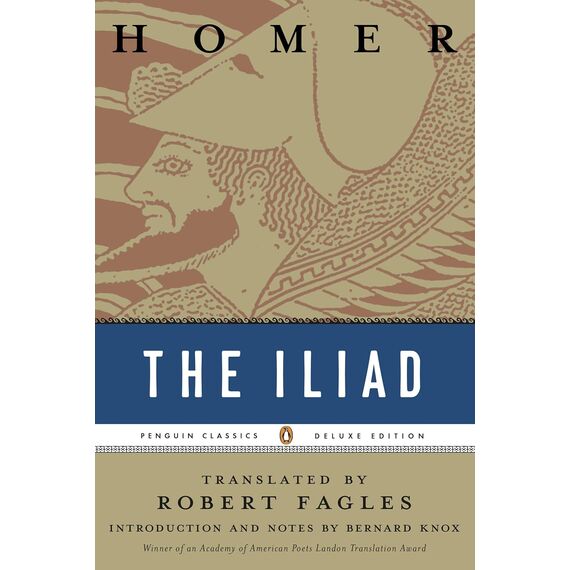The Iliad by Homer is one of the greatest epic poems in Western literature, offering a powerful account of the Trojan War and the heroism, honor, and tragedy that define human experience. Set during the final weeks of the war, the poem focuses on the conflict between the Greek hero Achilles and King Agamemnon, highlighting themes of pride, anger, fate, and the consequences of human choices. Through its vivid portrayals of warriors, gods, and the brutality of battle, The Iliad explores the complexity of human emotion, the inevitability of death, and the pursuit of glory. Homer’s narrative brings to life legendary figures such as Hector, Paris, Helen, and Priam, presenting them not only as historical or mythical characters but as deeply human beings with fears, desires, and moral dilemmas. The poem’s intricate structure, use of poetic devices, and enduring imagery have influenced countless writers and artists across centuries, making it a cornerstone of classical education and literary study. The Iliad is not only a story of war but also a reflection on heroism, loyalty, friendship, and the cost of vengeance, offering readers profound insights into the human condition. Its exploration of honor and mortality resonates across time, emphasizing that courage, sacrifice, and moral choices define a person’s legacy. The epic’s enduring appeal lies in its ability to combine the excitement of adventure with philosophical reflection, making it a work that is both intellectually and emotionally engaging. Its rich descriptions, memorable characters, and moral depth ensure that The Iliad remains relevant for modern readers while preserving its classical significance.
No reviews found


